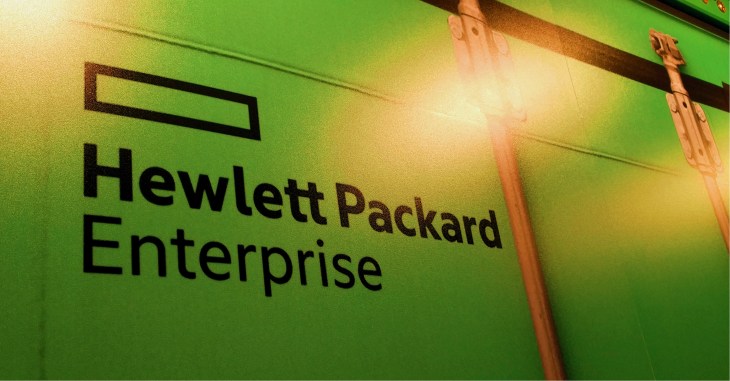Hewlett Packard Enterprise (HPE) is launching a slew of updates and new products related to containers at Docker’s developer conference in Barcelona today. Together, all of these amount to a big bet on containers on HPE’s part.
“We view containers as a disruptive technology,” HPE’s acting VP in charge of the company’s incubator partners and strategic alliances Tana Rosenblatt told me. “Not that containers are a new technology, but it’s relevant as enterprises look to a hybrid environment. We view the partnership with Docker — which we are formalizing — as a very important one because we like their approach, we like what they have to offer. Our strategy is: embrace and extend. We have a lot of IP that we have developed around dev and ops and the bridging of the two. And we believe that combined with Docker, this makes it even more of a value proposition for our enterprise customers.”
In practice, this means the new HP Helion Development Platform 2.0, HPE’s Platform-as-a-Service offering for hybrid clouds which is also launching today, now supports Docker out of the box. Developers and IT operators will now be able to use the service to deploy microservices packed as Docker containers, for example.
HPE is also expanding its StormRunner cloud load and performance testing solution and its AppPulse mobile performance monitoring tools to allow developers to test, deploy and monitor Dockerize applications.
HPE Sitescope, the company’s cloud monitoring tool, now also includes support for Docker Swarm clusters. With this, admins can now map and monitor all the layers of a Docker cluster from Swarm to cluster notes, the Docker daemon, running containers and specific workloads.
Also new is Docker support in the HPE Codar release management service and support for Docker images in the HPE 3PAR StoreServ Storage arrays and the HPE StoreVirtual software-defined storage solutions.
To tie all of this together, HPE will also soon offer 24×7 enterprise container support, as well as a Docker reference architecture and a new reference guide for developers who want to deploy containers in their hybrid clouds.
Rosenblatt tells me that HPE (or HP, at the time), decided to make this bet on containers about a year and a half ago. While HP has long worked with container technology in some form or another, Docker clearly galvanized interest in this technology. “Docker has made the timing now,” she said. “We really doubled down in January.” She also stressed that HPE wants to offer its customers a container solution that spans from “physical to cloud.”
